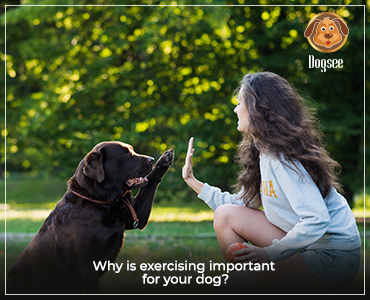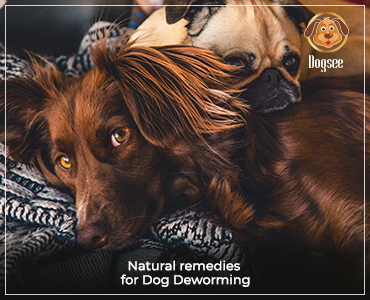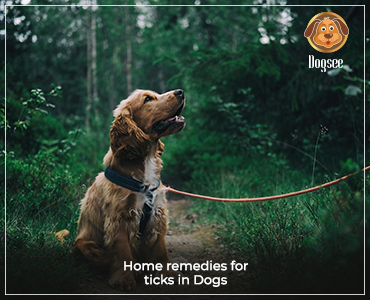
As a new pet parent, it is confusing to decide how to raise and train your pup and the most challenging bit is making the best decisions among so much overwhelming information. Your cute little ball of fur needs guidance and it's not difficult to properly raise and train your new buddy into a mature, well-behaved adult dog and a valued member of your family.
Raising a pup:
Ask a few questions to yourself before having a pup.
- Do you have the time to raise a healthy puppy?
- Are you ready to make a commitment to their complete nutrition and health?
- Ask the above two questions to your family members as well.

- Do you have enough time to dedicate to a dog?
If your answer is YES. Here are a few tips on how to raise your pup.
1. Form a relationship with your pup
- Give constant attention for the first 6 months to make your pup an amazing adult dog.
- Taking care of a young puppy is a full-time job so one has to be at home with the pup for at least the first 6 months to take the puppy out for a walk and play breaks frequently.
- Consider adopting an older dog instead of a puppy if you don't have enough time to commit to a puppy. Older dogs may take a while to familiarise with your family, but they won’t require 24-hour care and attention, unlike a puppy.
2. Exercise is the key
Regular exercise is very important for a puppy. It's the best way to keep your pup calm and at the same time, it allows you to bond with your dog. You don't want a puppy bounding all around the house because it doesn't get enough exercise. Lack of exercise could lead to aggression later in the dog's life and it may take out its frustration in negative ways like destroying household items. A bored dog can be a destructive dog and pick up bad habits very easily.
3. Bond with your puppy
Form a strong bond of love and affection with your dog. Your bond will strengthen the relationship and it will help your puppy or dog be happier and balanced.
4. Get your family involved
They are part of the “pack” in your puppy’s mind. Make sure that all members of the family interact with the pup in some way or the other. You could even have a set time every day when the whole family participates in interacting or playing with the pup.

Are You Feeling Frustrated Watching Your New Puppy Become Out of Control?
Here are a few training tips for your pup:

- - Initial training should be done indoor since outdoors lead to distractions for your dog. Begin all puppy training at the home first - a family room or basement will suffice. Finally, when they are comfortable you can take them outdoors for training.
- - "Puppy's name" and the word "No" which means - "stop what you are doing" are the two most important words for your puppy to get accustomed to.
- - Let your puppy’s name be associated with positivity so never scold your dog using its name.
- - Always reward your puppy during training sessions. It makes them happy. You can use puppy training treats as rewards during training sessions as these puppy treats will also keep their oral health in check. But do not reward them with praise or affection if they do something unpleasant or misbehave.
- - A puppy's attention span is very short so concentrate on one command during each session.
- - To avoid the distracted nature of your puppy, take your puppy outdoors before each training session.
- - Be tolerant and praise your pup after each successful training session.
- - Lastly, after each training session, play with your dog for a few minutes.
Have fun with your pup. Your dog won't be a puppy forever, so make it worth a while and make the most of it!



